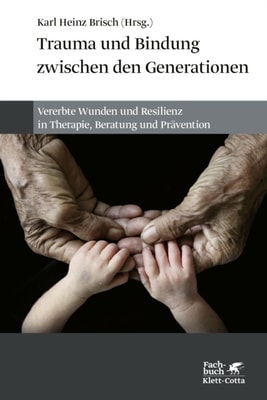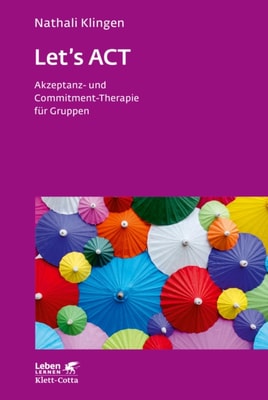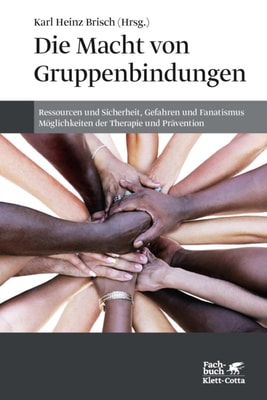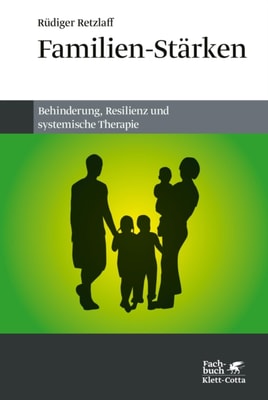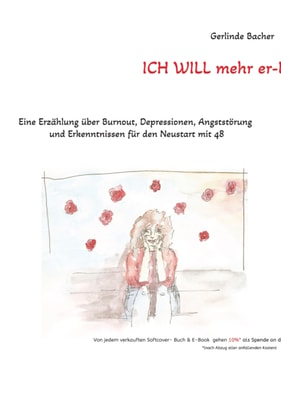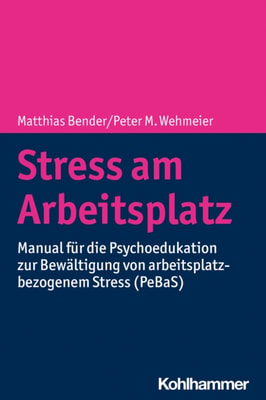Psychiatric and mental disorders
Sorting
Bestseller Sorting collapsed
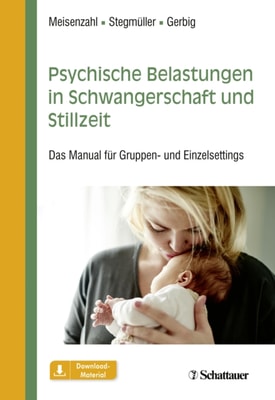

E-book
Price
22.49 £ * Old Price 26.99 £


E-book
Price
19.99 £ * Old Price 26.99 £

E-book
Price
18.32 £ * Old Price 21.99 £

E-book
Price
19.99 £ * Old Price 23.99 £
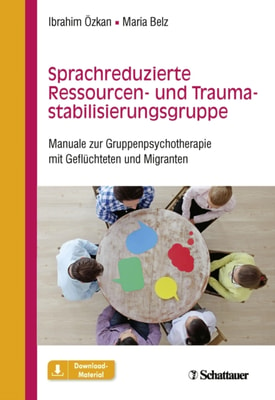


E-book
Price
33.32 £ * Old Price 39.99 £

E-book
Price
22.49 £ * Old Price 26.99 £
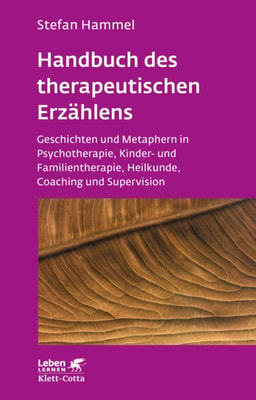
E-book
Price
33.32 £ * Old Price 39.99 £
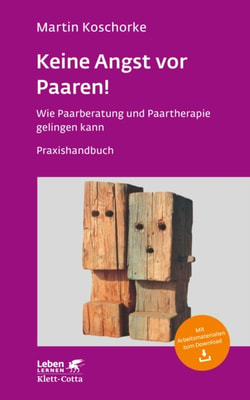
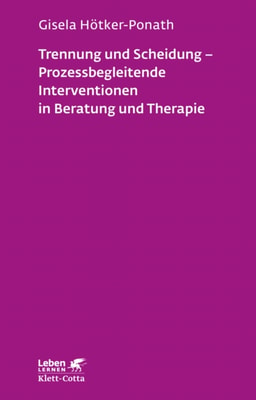
E-book
Price
25.82 £ * Old Price 30.99 £
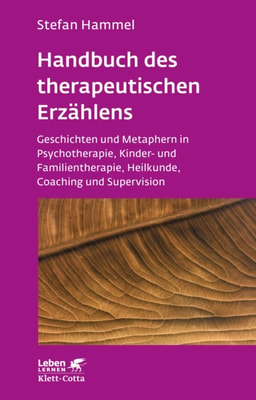
E-book
Price
33.32 £ * Old Price 39.99 £




